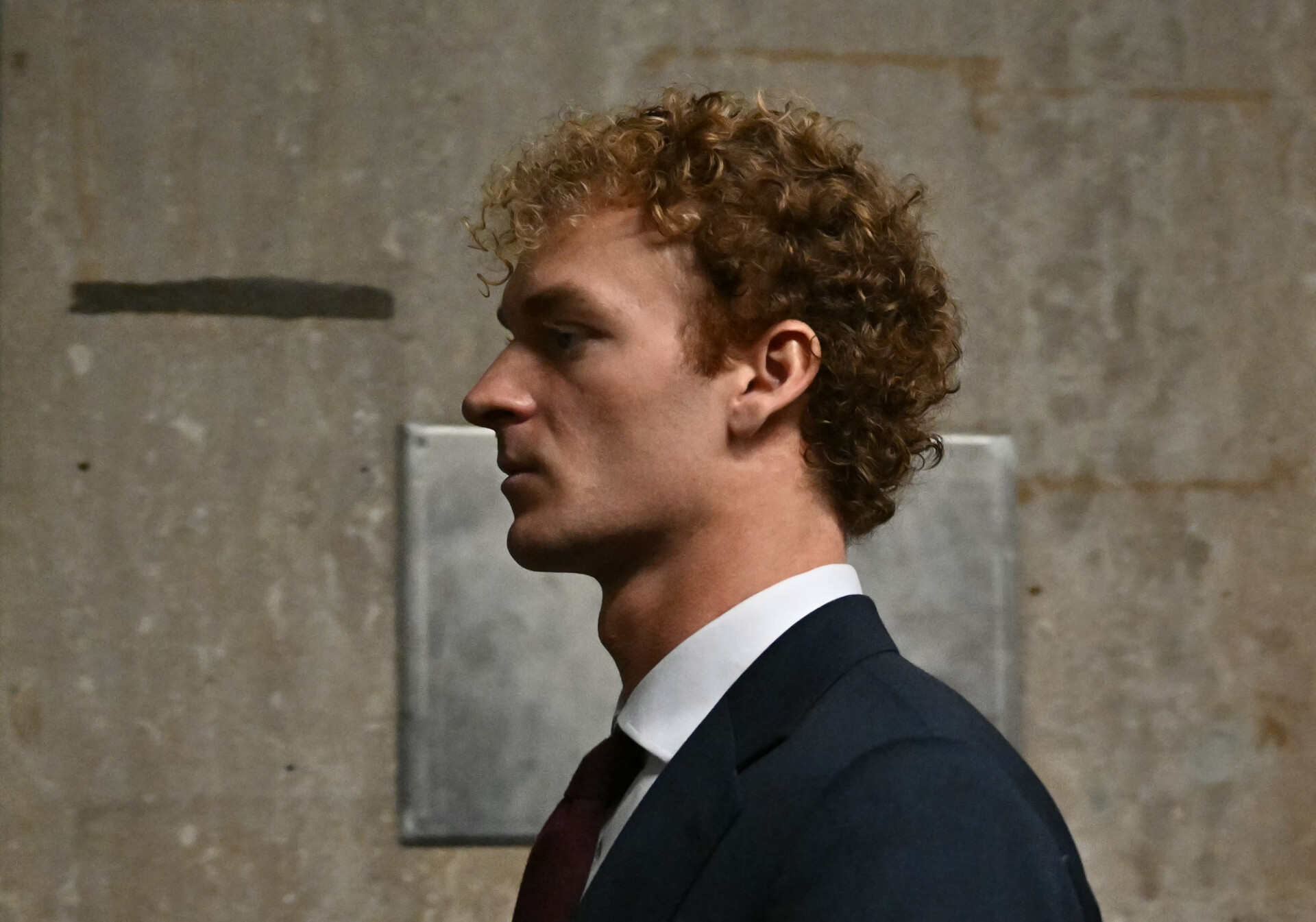Anyone seeking evidence that the era of Black Lives Matter has drawn to a close need look no further than the Manhattan courtroom where Daniel Penny was today acquitted of criminal negligent homicide. The former Marine, who placed a homeless man named Jordan Neely in a fatal chokehold on a crowded F train in May 2023, faced four years in prison. Yet when the jury delivered its verdict, the response — both in support and opposition — felt muted compared to the protests which once brought millions into the streets.
The case had all the ingredients that, just a few years ago, would have sparked widespread demonstrations: a white man killing an unarmed black man, caught on video, in a major American city. But times have changed markedly since 2020, when George Floyd’s murder ignited protests across the globe. Today’s social justice advocates appear exhausted, their messaging less resonant with a public that has largely moved on from the fervour of that pandemic summer — or perhaps more focused on the cold-blooded vigilante who killed a health insurance CEO.
This shift was evident in the courtroom reaction to Penny’s acquittal. While some Black Lives Matter supporters voiced outrage — with one yelling “racist fucking country” as she left — their anger found little purchase beyond the courthouse steps. Even Black Lives Matter of Greater New York co-founder Hawk Newsome’s call for “black vigilantes” to retaliate sounded more like a desperate cry than a rallying call.
The contrast with previous high-profile cases is striking. Kyle Rittenhouse’s 2021 acquittal for shooting three men during unrest in Kenosha sparked days of protests nationwide. Meanwhile, the officer who killed Daunte Wright faced crowds of demonstrators throughout her trial. But Penny’s case, despite its similar themes of racial justice and use of force, has failed to mobilise the masses in quite the same way.
Penny’s defence team recognised this shift in the national mood. Rather than engaging with racial dynamics, they focused on public safety and self-defence, asking jurors: “Who do you want on the next train ride with you?” This approach proved effective with a jury that seemed more concerned with everyday safety than larger questions of social justice of the sort that animated prosecutor Dafna Yoran.
The case also highlighted how the circumstances which led to confrontations like these remain unaddressed. Neely, a former Michael Jackson impersonator with 42 prior arrests and untreated mental illness, represented the kind of complex social problem that defies simple solutions. His death stemmed from failures in mental healthcare, housing policy, and public safety — systemic issues that persist, despite the passionate protests of recent years, and likely always will.
Conservative commentators such as Laura Loomer have already positioned Penny as a heroic figure, much as they did with Rittenhouse. But so far, Penny himself has shown little interest in becoming a political symbol. Unlike his predecessor, who embarked on a speaking tour of Right-wing events after his acquittal, Penny has understandably maintained a low profile throughout his trial.
Perhaps most telling will be how quickly attention moves on from the verdict itself. In 2020, this outcome would have provoked immediate protest action and dominated news cycles for weeks. Today, it competes for attention with a CEO assassination, regime collapse in Syria, a possible ceasefire in Ukraine, the declaration of martial law in South Korea, and the looming inauguration of Donald Trump. The era of mass mobilisation around racial justice cases, it seems, has largely passed — not with a bang, but with a quiet verdict in a Manhattan courtroom.











Join the discussion
Join like minded readers that support our journalism by becoming a paid subscriber
To join the discussion in the comments, become a paid subscriber.
Join like minded readers that support our journalism, read unlimited articles and enjoy other subscriber-only benefits.
Subscribe